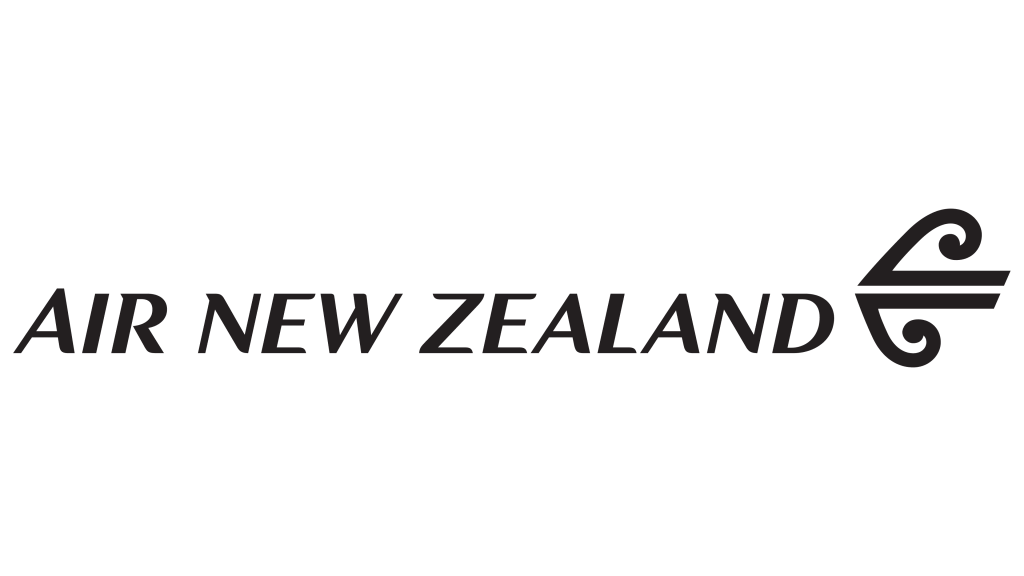Air New Zealand has decided to drop its 2030 target for reducing carbon emissions, citing challenges in acquiring more fuel-efficient aircraft and sustainable jet fuel.
This decision sets it apart as the first major airline to veer from a climate goal, clarifying that it is now focusing on setting a new short-term target while staying dedicated to the industry-wide objective of reaching net zero emissions by 2050.
The aviation industry is estimated to produce around 2% of global carbon dioxide emissions, which airlines have been trying to reduce by replacing older aircraft and using fuel from renewable sources.
“In recent months, and more so in the last few weeks, it has also become apparent that potential delays to our fleet renewal plan pose an additional risk to the target’s achievability,” Air New Zealand Chief Executive Officer Greg Foran stated.
In 2022, Air New Zealand set a target to reduce its emissions by nearly 29% by 2030. It was much more ambitious than the 5% reduction goal the global aviation industry set over the same period.
Experts also say that the delays in new aircraft deliveries are impacting airlines globally largely due to snags in the manufacturers’ wider supply chain. Aerospace giant Boeing has been mired in controversy in recent years.

This month, Boeing accepted responsibility for a criminal fraud conspiracy charge after the US discovered that the company had breached an agreement aimed at restructuring it following two deadly crashes involving its 737 Max planes, resulting in the deaths of 346 passengers and crew.
The company has faced further scrutiny following an incident where a door panel on a Boeing aircraft operated by Alaska Airlines blew out shortly after takeoff, leading to the plane having to make an emergency landing.


